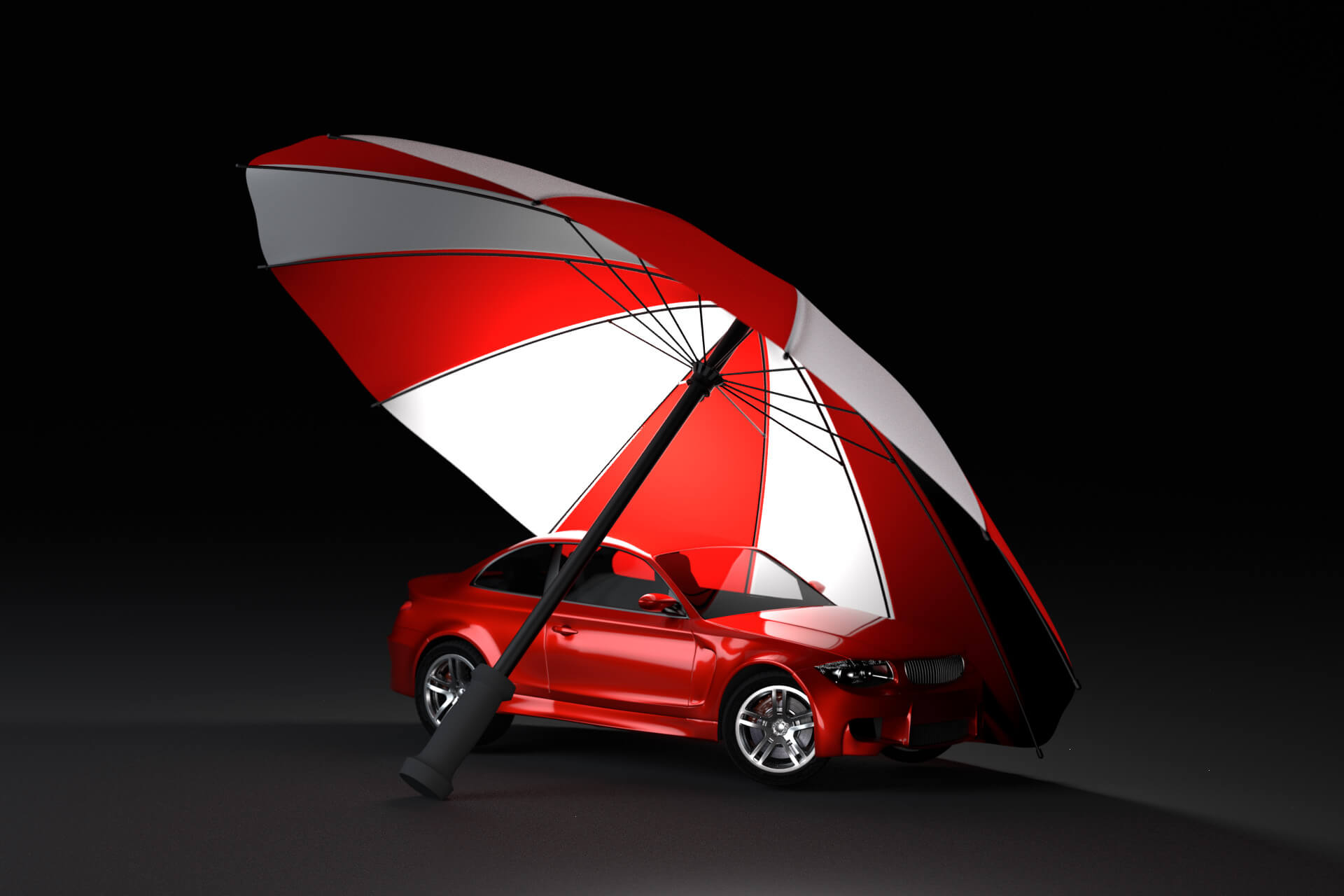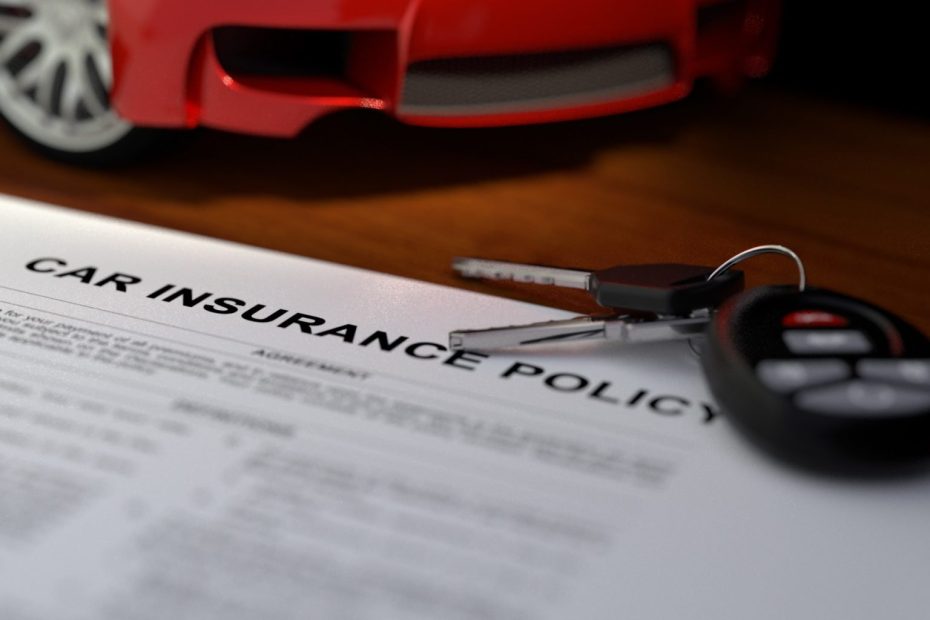In most states, it is necessary by law to have automobile insurance. If you’re at fault in a car accident, your auto liability coverage on your policy ensures that you get compensated for covered losses like medical expenses and property damage caused by the accident. It also helps pay your attorney’s fees if you go to court over the accident.
Car Insurance May Be Mandatory
Each state’s rules establish minimum auto liability insurance coverage requirements that drivers must purchase. A limit is the maximum amount your insurance company will pay in the event of a covered claim. You may wish to raise your coverage limits beyond the minimum amounts required by your state. Otherwise, you risk spending out of pocket if, for example, you strike another motorist and their medical bills surpass your coverage limitations. Some states require additional coverages on your vehicle insurance policy, such as uninsured motorist coverage or personal injury protection.
Car Insurance Offers Financial Protection
You may be held liable for the expenses incurred as a result of an automobile accident if you were behind the wheel. These might include legal fees, medical expenditures for the victim, or lost earnings if they are unable to work as a result of their injuries. Liability insurance could assist with these costs. You would almost certainly have to pay these charges yourself unless you had adequate liability coverage (or sufficient liability limits).

The Lender Or Leasing Agent May Require Auto Insurance
If you’re financing or leasing a car, your lender might demand that you get collision and comprehensive coverage. Because the lender or leasing company is the lienholder throughout the duration of your loan or lease, these two coverages may help safeguard their investment. Comprehensive or collision coverage may pay for the repair or replacement of your vehicle if it’s damaged as a result of a covered loss.
GAP INSURANCE is a policy that covers the gap between what you owe and what your car is worth if it’s stolen or destroyed, allowing you to pay off your auto loan. GAP insurance is optional and usually works in tandem with collision and comprehensive coverage.
Insurance Can Assist You With Protecting You From The Cost Of Repairs
Even if you buy your vehicle outright, having collision and comprehensive coverage on your auto insurance policy is a good idea. While basic liability coverage helps to pay for bodily injuries to others caused by your actions, it’s also essential to have coverage for your own car. What if your automobile is damaged in a hail storm? If your automobile is stolen or damaged by anything other than a collision, such as falling objects or fire, comprehensive coverage may help cover the costs of repairs or replacement.
Collision coverage may also aid you in the case of an accident. For example, if you strike a mailbox and damage your vehicle’s front bumper by mistake. Collision coverage can assist you in paying for the repairs to your car if you hit another object or vehicle, regardless of fault.
You would have to pay for repairs out of your own pocket if you don’t have comprehensive or collision coverage.
Auto Insurance Helps Protect Your Passengers
If you’re hurt in an accident, your medical payments coverage and personal injury protection can help you pay for your medical expenditures. It may also cover the costs of any passengers involved in the collision. This insurance might assist with hospital stays, doctor bills, and operations.

Auto Insurance Helps You Protect Yourself
Despite the fact that liability coverage is a legal obligation, many people do not have it. If you’re hit by a driver without insurance, uninsured motorist coverage may assist with your medical expenditures. In some states, this coverage is required while in others it is optional.
Car insurance coverage is more than simply a legal requirement. A car insurance policy may help protect your automobile and your money, and even provide you with some peace of mind.
